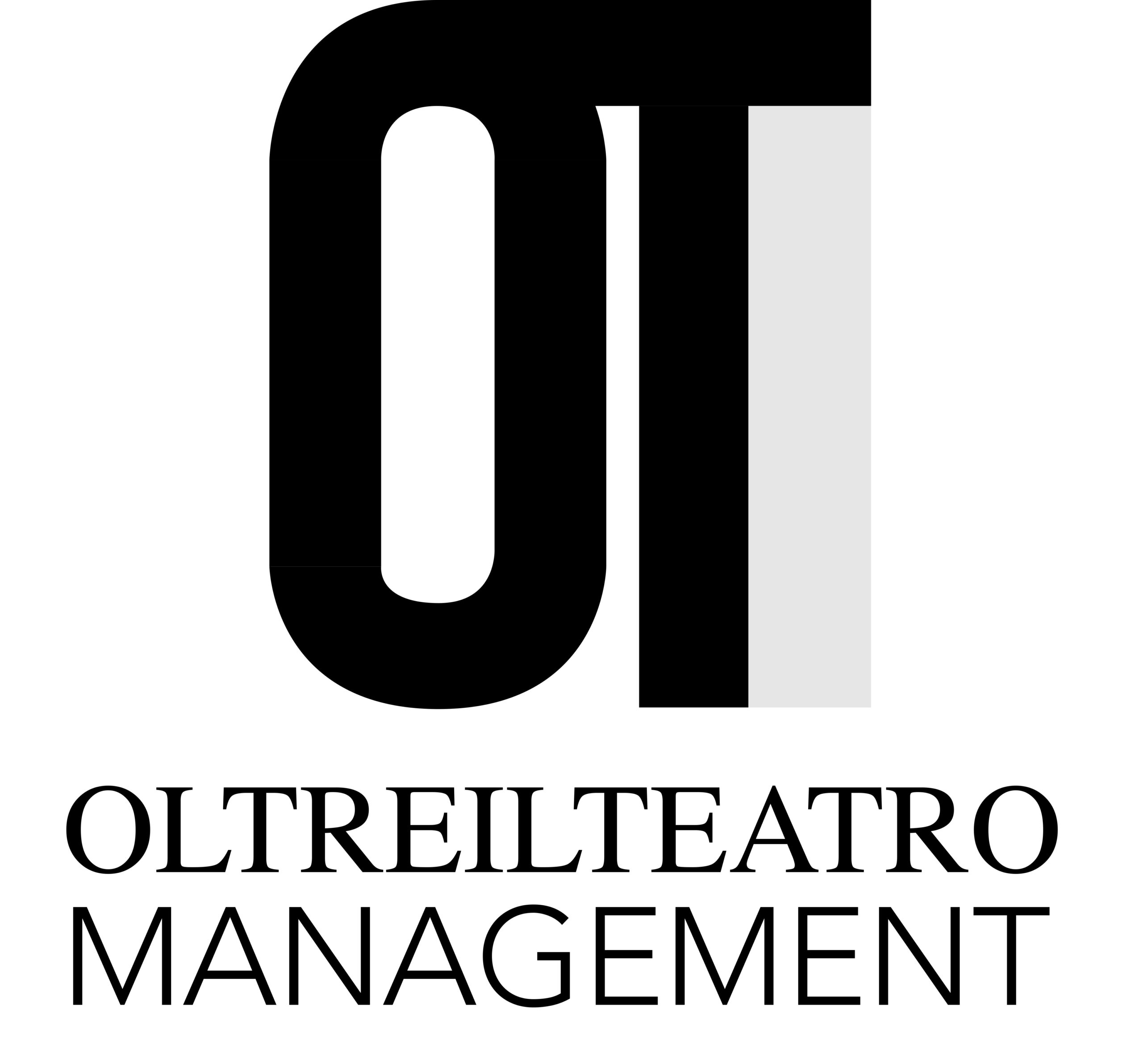Tatiana Khodakova
“What happened is the goal” (Eric Berne)
What we have is the goal — this expression means a strategy, when some hidden meaning of actions is not realized, but something completely different is declared. Our actions are dictated by internal and external goals. Internal goals often remain at an unconscious level, but they are the ones that are subject to implementation. An internal goal is the primary intention that arises in you when you start doing something in your life — it serves as a kind of “engine” that determines the direction of your actions and the result that you will ultimately receive.
Let’s see how an internal goal “works” with examples.
I suggest you recall any event from your life, it is desirable to choose a fairly significant one for clarity. For example, you graduated from school and were going to enter a university. Why did you do this, why did you go to study? Most likely, your first answers will contain an external goal, the goal that can be legally “issued” to the social environment. But allow yourself to go back to those years for a few minutes and remember why you did it? Or maybe for whom?
Your education will fulfill and fully justify the intention that you put into it at the “entrance”, but nothing more.
Here are examples of frequently encountered answers:
- “just to have a higher education”;
- “so that my parents would be proud”;
- “not to go to the army”;
- “to move away from parental care”;
- “to prove something to someone”;
- “to get a prestigious profession”, etc.
An honest answer is important here. Perhaps it will not appear right away, but find it, because it is in this answer that the function of your higher education is hidden, which it performs flawlessly.
Now, remember the moment when you “entered” into a relationship with a partner. For what? Why did you get married? Or why do you want to do this now or in the future?
Answer not the question “why?” (because I love, for example), namely “for what?” — what do I want to get as a result of these actions?
Examples:
- A girl decides to get married in order not to be alone.
- Another girl gets married in order to escape from her parental home.
- The third — so that her parents/relatives would finally leave her alone with the question: “Well, when already..?”
- The fourth simply wanted a family…
Such unions will fully reflect the essence of the goal:
- the first will not live alone;
- the second will not live with her parents;
- the third will stop hearing questions about marriage;
- the fourth will simply have the fact of having a family…
But are they happy?
AND IN ORDER TO BE HAPPY, YOU NEED TO HAVE A CLEAR ANSWER TO THE QUESTION: “WHAT PERSONALLY MAKES ME HAPPY?”
And then check your answers from the mind for a bodily response. After all, we often only think that this will bring us a state of happiness, but in fact, your body can respond with tension to such happiness offered by the mind.
Our mind is overflowing with knowledge, often received from other people. And the body is ours, and it shows through sensations our true answers to the proposed “social package” of generally accepted happiness.
We have considered studies and personal relationships using examples, now we will talk about activity. What internal goal does your work (your business) serve? Remember, with what thought did you enter your profession or organize your business?
Let me give you some real examples:
- A woman opens her own store with the goal of “investing the money” she received as an inheritance. She invested it. The goal is achieved. Will a store with such an “engine” make a profit?
- A person chooses to work for the government in order to “get a salary, even if not much, but guaranteed.” The goal is achieved — a small salary is coming in constantly.
- A girl went to master a new profession, which serves as a “lifeline” for her from personal problems. Achieved. The activity does not allow her to “drown” in the pool of personal problems — attention is completely transferred to work.
In other words, what you have now, in one or another life context, fully reflects the content of internal goals. All that remains is to discover them through awareness.
What is the cause of internal aspirations? Often they can stem from beliefs about what you need to want, and not from personal motives!!!
You can easily discover this if you dare to take an “inventory” of the internal goals that you set at the “entrance” to a particular life event. “Walk” your attention through the main life events and answer the question: “Why did I do this?” And compare it with the result. Does it match?
Internal intention is realized not only in some significant events, but also in everyday affairs. Every time you switch to another segment of activity during the day, you do it for something. For example, why do you use social networks (if you do)? Why did you go to stories today? For what? Why did you write a post? Why are you going to meet a friend? Why are you cooking?
Yes, such a simple question about food can hide unconscious intentions. For example, to eat well and enjoy the food, or to be a good wife/mother/housewife, or to keep yourself busy, or so that the food does not spoil, or…
The result will coincide with the goal, but it may not satisfy you, since you wanted something completely different at the output, but laid down a “social template” at the input.
Every action has a goal. And we always achieve this goal. Another thing is that we are not always aware of it. But we get what we “put in” — what goes in, comes out.
So, since internal goals are subject to fulfillment, it is advisable to make them conscious and your own! Personal (not imposed) aspirations awaken (excite) you, give strength, inspire you to act from a state of interest — interest in a partner, interest in learning, interest in activities and life in general!!!
INTEREST IS A VERY RESOURCEFUL EMOTION AND A GREAT FUEL FOR ENJOYING MOVEMENT THROUGH YOUR LIFE.
Start asking yourself questions every time you enter a new segment of life: Why am I doing this? What result do I want to get? Do I personally want this?
When the answer is honest — the body relaxes (tension goes away), and a surge of strength appears to perform the intended action.
“What we have is the goal” works in both directions — “What we do with the goal (intention), that is what we get”.
Check it out.
Photo Getty Images
Translated by Maria Zayats
Read also:
5 simple psychotechniques to understand yourself better

Татьяна Ходакова
Практический психолог
Интегративный подход






